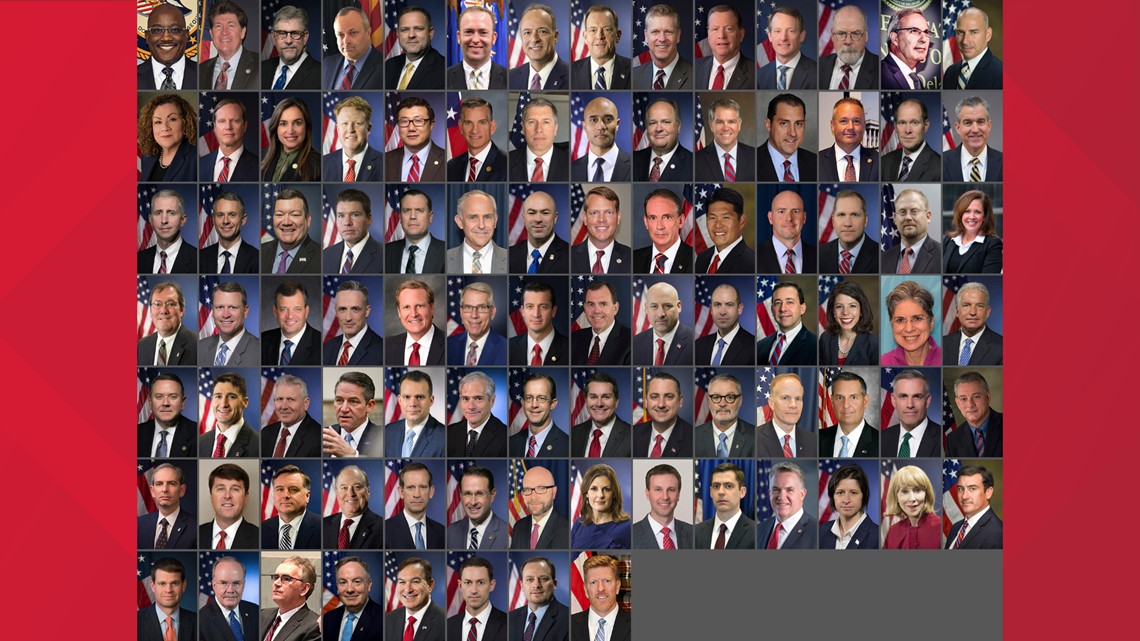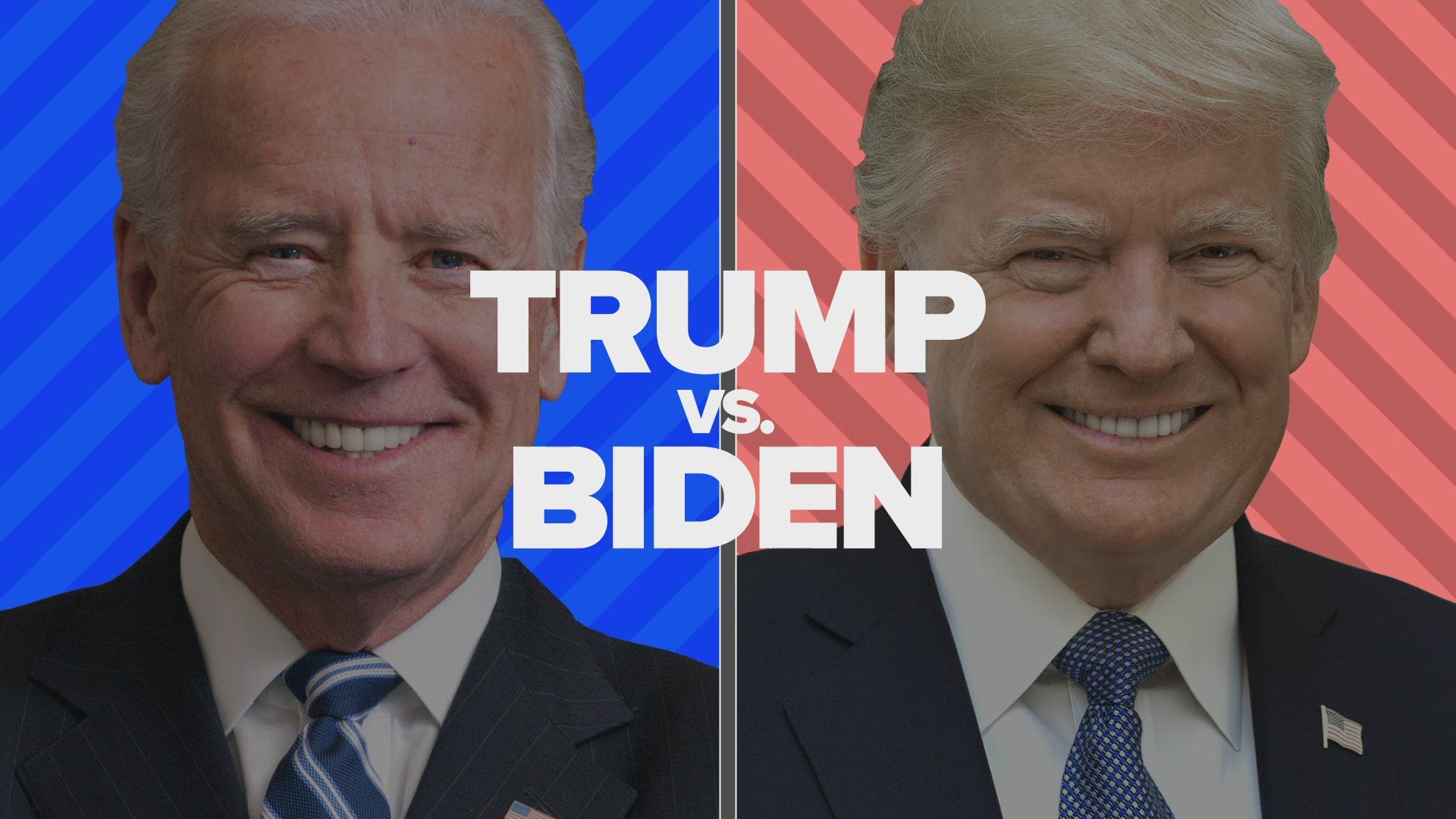The nation’s top federal prosecutors have become less diverse under President Donald Trump than under his three predecessors, leaving white men overwhelmingly in charge at a time of national demonstrations over racial inequality and the fairness of the criminal justice system.
The Associated Press analyzed government data from nearly three decades and found that a persistent lack of diversity in the ranks of U.S. attorneys has reached a nadir in the Trump administration. Eighty-five percent of his Senate-confirmed U.S attorneys are white men, according to AP’s analysis, compared with 58% in Democratic President Barack Obama’s eight years, 73% during Republican George W. Bush’s two terms and at most 63% under Democrat Bill Clinton.
White men lead 79 of the 93 U.S. attorney’s offices in a country where they make up less than a third of the population. Nine current U.S. attorneys are women. Two are Black, and two Hispanic.
Federal prosecutors can have a profound effect on the criminal justice system and leadership holds an immense sway. Without a diverse group considering cases, bias can seep unnoticed into charging decisions and sentencing recommendations, undermine leadership and chip away at the perceived legitimacy of the justice system.
The enduring imbalance leaves U.S. attorneys looking less like the people they serve, and is in stark contrast to the population of federal prisons, where a disproportionate share of those incarcerated are Black.
RELATED: Barr takes aim at prosecutors inside his own Justice Department, compares them to preschoolers
“The department, as a whole, is simply not valuing diversity at its highest ranks of leadership and not making the most well-informed decisions when those voices are absent from the decision-making process,” said Kenneth Polite Jr., who served as U.S. attorney in New Orleans during Obama’s second term.
The gap is especially relevant in an era when state and local law enforcement are repeatedly being taken to task over decisions not to prosecute police in the killings of Black people. U.S. prosecutors can serve as a backstop in those scenarios by bringing federal charges.
The Trump administration’s inability to hire top prosecutors who reflect the nation has also deepened mistrust in communities frustrated by the Justice Department’s shift away from investigating police practices and Attorney General William Barr’s dismissal of the idea of systemic racism in law enforcement.


White House spokesman Judd Deere said in a statement the administration has “worked closely with U.S. Senators to identify the best candidates to serve as the chief law enforcement officer in their districts back home."
Former prosecutors say bias can skew prosecutorial decisions where there isn’t a varied group considering cases. It’s something Danny Williams Sr. saw a year after he became a U.S. attorney in Oklahoma in 2012.
Tulsa police had arrested two groups, one white and the other Black, in similar armed robberies. Williams said he was surprised the proposed charges that reached his desk were different: The Black defendants faced more potential prison time.
Williams, who is Black, asked the assistant U.S. attorney who’d handled the cases what factual difference accounted for the disparity. The career prosecutor, who is white, responded that the white defendants were college students, Williams said.
“I just think that he didn’t grasp, in the charging decision, the way he treated these two different groups differently,” Williams said, adding the same charges ultimately were brought in both cases.
To be sure, the way bias plays out is complex and there is not a direct relationship between a prosecutor’s race or sex and the decisions he or she makes.
After a white South Carolina police officer gunned down Walter Scott, who was Black, in 2015, the Justice Department secured a 20-year prison sentence for the officer.
Jared Fishman, the white former prosecutor who handled the case, “showed so much compassion and he took on my brother’s case as if it was his own family,” said Anthony Scott, Walter’s older brother.
But other families have had their hopes dashed.
Years before George Floyd’s death under the knee of a white Minneapolis police officer set off protests around the country, Valerie Castile turned to the federal government after the Minnesota police officer who killed her son was found not to have committed a crime.
Former St. Anthony police Officer Jeronimo Yanez shot Philando Castile, a Black school cafeteria worker, in July 2016, within two minutes of approaching his car during a traffic stop in the Twin Cities suburb of Falcon Heights. A state court jury acquitted him of second-degree manslaughter the next summer.
After Castile’s death, his mother and political leaders in Minnesota pressed for an outside investigation into the shooting and charges of racially biased policing in the region.
The Minnesota U.S. Attorney’s office helped local prosecutors in the case but no independent federal probe was opened.
The Justice Department’s Community Oriented Policing Services Office did, however, start a review of the St. Anthony Police Department. But before the office finished its findings, Trump’s Justice Department, under then-Attorney General Jeff Sessions, put a stop to all such assessments.
A lack of diversity has long been an issue throughout the federal law enforcement and criminal justice systems. In some places it’s grown more acute under Trump.
An AP analysis also found nearly 86% of the 206 federal judges confirmed to lifetime positions under Trump have been white — the highest rate of white judicial appointments since George H.W. Bush’s presidency. Two-thirds of Trump’s judicial appointees have been white men.
And at the top of the Justice Department, Trump’s two attorneys general — Barr and Sessions — are also white.
Erin Nealy Cox, U.S. attorney in Dallas and chair of the Attorney General Advisory Committee, said the country's current U.S. attorneys are among “the most dedicated public servants in America.”
___
AP Data Editor Meghan Hoyer in Washington contributed to this report.

